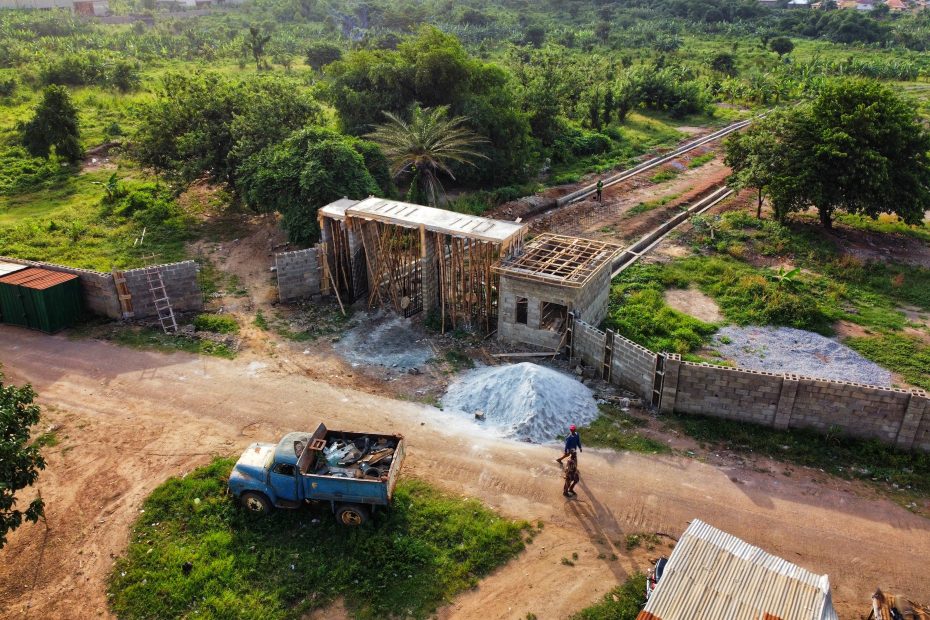Table of Contents
Introduction
The Calabar Carnival is an annual festival held in Calabar, Nigeria, that has grown into Africa’s largest street party. With its vibrant parades, lively music, and colorful costumes, it provides a showcase of Nigerian culture and heritage. The carnival has its roots in the city’s history as a former slave port during the era of the Atlantic slave trade.
Venue and Events
The festivities take place throughout the city of Calabar in late December each year. The main events are the carnival processions along major streets and routes. Participants wearing elaborate costumes dance to pulsating rhythms, bringing an electrifying atmosphere. Stages are also set up across the city for live performances of music, drama, cultural dances from various Nigerian ethnic groups. Top musicians headline concerts that accompany the carnival.
Costumes and Themes
A key highlight of the Calabar Carnival is the dazzling costumes worn by the carnival bands and performers. Preparations for the costumes begin many months in advance. The costumes often integrate elements like feathers, beads, and sequins, representing tribal, historical, or contemporary themes. Every year’s carnival has a different theme guiding the costumes and performances. Past themes have included topics like climate change, African music, and Nigeria’s film industry.
Cultural Significance
The Calabar Carnival holds important cultural significance for Nigeria. It provides a platform for celebrating and showcasing the diversity of Nigerian culture and heritage to the world. The carnival also fosters unity by bringing together people from various ethnic groups and backgrounds. For locals and tourists alike, the carnival offers an experience of music, dance, and attire unique to Nigeria.
Economic Impact
The Calabar Carnival has grown into a major revenue generator for the city and country. Tourists from Nigeria and abroad flock to Calabar especially for the carnival festivities in late December. Hotels, restaurants, and other businesses in the city benefit greatly from the tourism influx. The government actively promotes the carnival to boost tourism. Estimates indicate the carnival brings in several million dollars to the local economy.
Controversies
While overwhelmingly popular, the carnival has also attracted some controversies over the years. Critics have complained about skimpy costumes and themes considered too risqué. Others argue the extravagant costs of hosting the carnival could be better spent on needed development projects. Supporters counter that the economic activity and promotion of Nigerian culture make the investment worthwhile.
Conclusion
From humble beginnings over a decade ago, the Calabar Carnival has rapidly grown into an iconic annual festival celebrating Nigeria’s cultural heritage. The carnival provides a unifying experience and generates important tourism revenue if managed properly. As the carnival continues evolving, organizers will likely need to balance its cultural and economic impacts carefully moving forward. But there is no doubt this exuberant street party has cemented its place as a proudly Nigerian tradition.
FAQs
What is the Calabar Carnival?
The Calabar Carnival is an annual festival held in the city of Calabar, Nigeria, featuring lively parades, music, dancing, and colorful costumes. It has become Africa’s largest street party and celebration of Nigerian culture.
When is it held?
The Calabar Carnival takes place every year between Christmas and New Year’s, typically starting on December 27 and lasting for about a week.
Who participates in the carnival?
Participants include official carnival bands with costumes based on annual themes, local dance troupes, musicians, cultural groups, and individual attendees from Nigeria and abroad.
What are some key events at the carnival?
Major events include the carnival processions and band competitions along Calabar’s streets, stage performances, and concerts featuring top Nigerian music artists.
How has the carnival impacted Nigeria economically?
The Calabar Carnival attracts tens of thousands of local and international tourists each year, generating significant revenue for the city and boosting Nigeria’s tourism industry overall.
